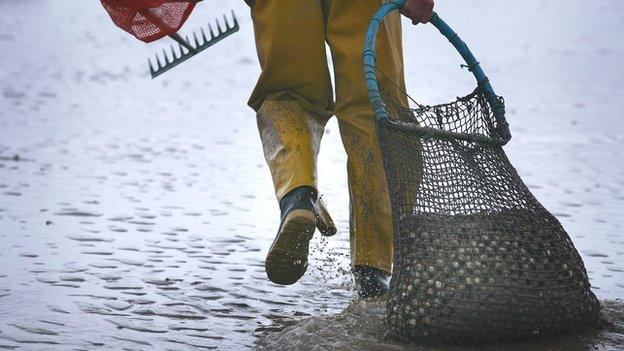Burry inlet sea sewage breach - European Court of Justice
- Published
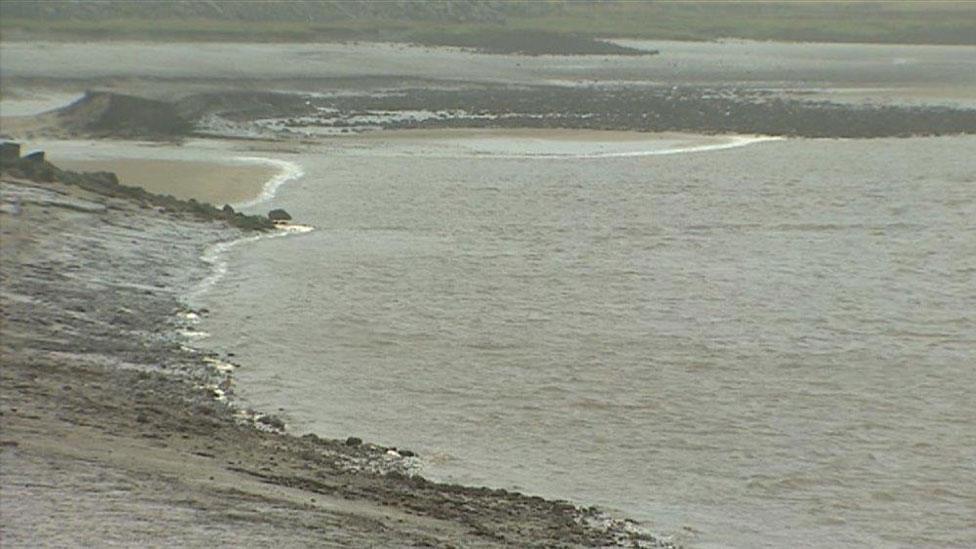
The UK has been found to be in breach of EU laws over the amount of sewage and waste water discharged into the sea off Carmarthenshire.
Overflow pipes at the Burry Inlet near Llanelli are used to help stop flooding.
But the European Court of Justice ruled this broke clean water laws in a special conservation area.
The Welsh Government, Natural Resources Wales and Welsh Water said they were investing in improvements.
Though the UK has not been fined, it will have to pay legal costs in a case that also found a number of other breaches around the handling of waste water in England and Gibraltar.
The problems stem from the UK's ageing Victorian sewers, engineering marvels of their time, but now out of date.
The pipes were designed to mix both sewage and rainwater but over the years new housing developments and more frequent storms as a result of climate change have put pressure on the system.
Welsh Water has 3,000 special overflow pipes which act as relief valves to deal with the extra sewage and rainwater but go straight into rivers and the sea.
At the Burry Inlet there are 14 overflow pipes which discharge into an area supposed to be protected by UK and EU laws.
It includes salt marshes and is a habitat for tens of thousands of wild birds during the winter.
The local cockling industry has also been hit but Welsh Water insisted this was not due to their discharges.
It is investing in a £113m project to reduce the number of spills.
RainScape involves reducing the amount of water that reaches the sewers through planting green spaces on streets and roofs to absorb rain and building channels to capture surface water.
The UK argued the improvements would mean it could comply with EU clean water laws by 2020.
However, the ECJ - which rules on disputes involving EU legislation , external- found the UK had acted "too late" and was failing in its obligations.
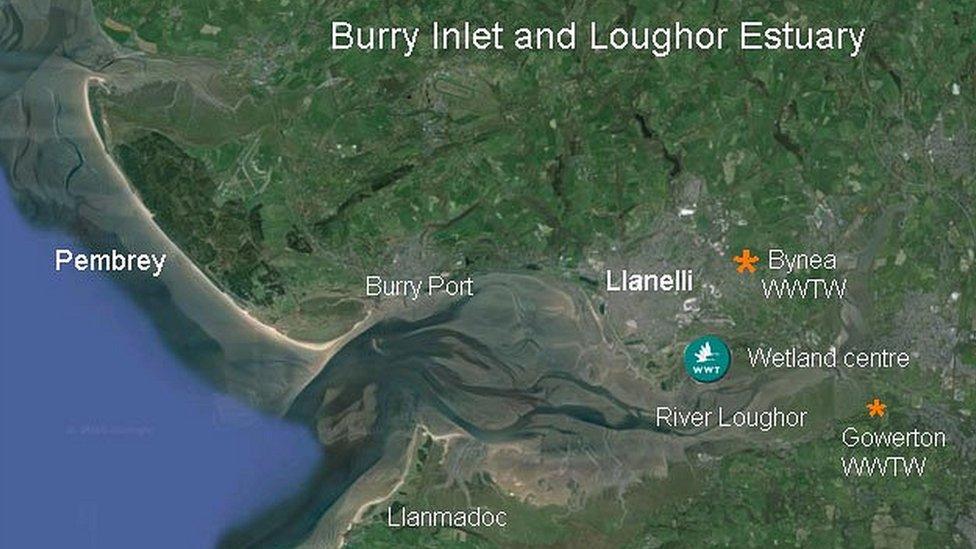
Judges ruled spills contributed to the deterioration of water quality in the Loughor Estuary.
A Welsh Government spokesman said: "We will continue to work with Natural Resources Wales and Dwr Cymru on a £113m programme to reduce the number of spills, improve water quality and reduce the risk of local flooding by 2020."
Welsh Water added: "We have met the legal permits for water quality in the Loughor estuary and are aware of ever increasing environmental standards and the need to manage long-term challenges, such as climate change, in a truly sustainable away."
The UK Government said all sites in England included in the judgement "now comply with the directive and plans are in place elsewhere across the UK to deliver compliance by 2020 at the latest".
- Published4 May 2017
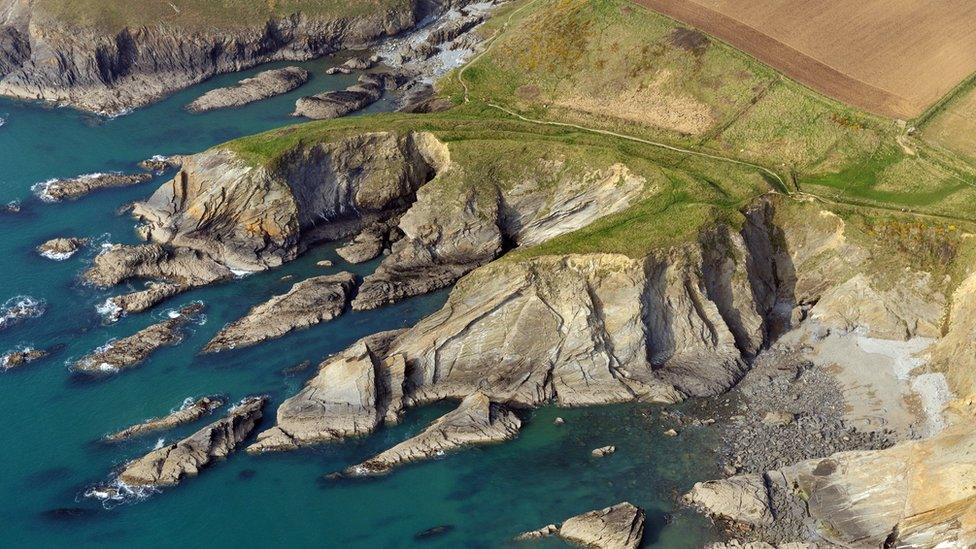
- Published12 November 2015
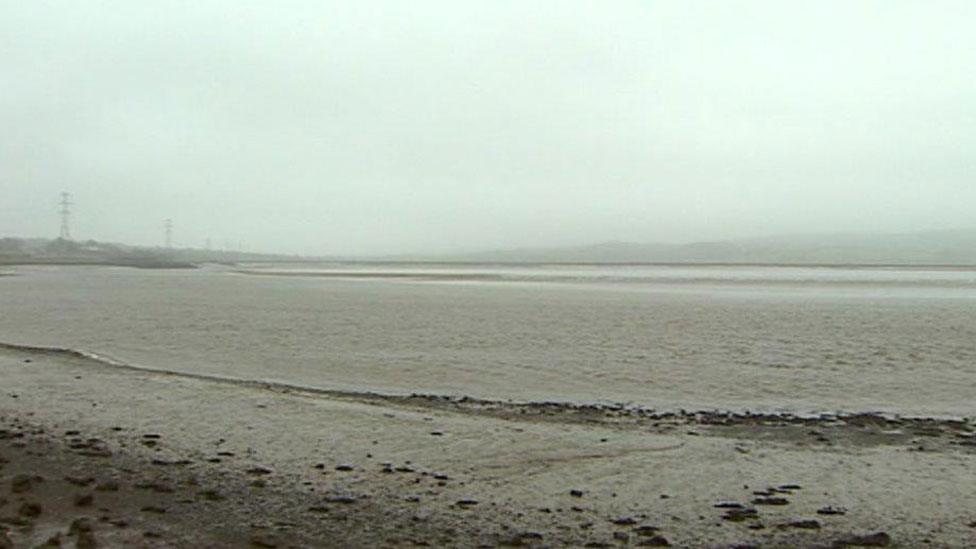
- Published1 September 2015
